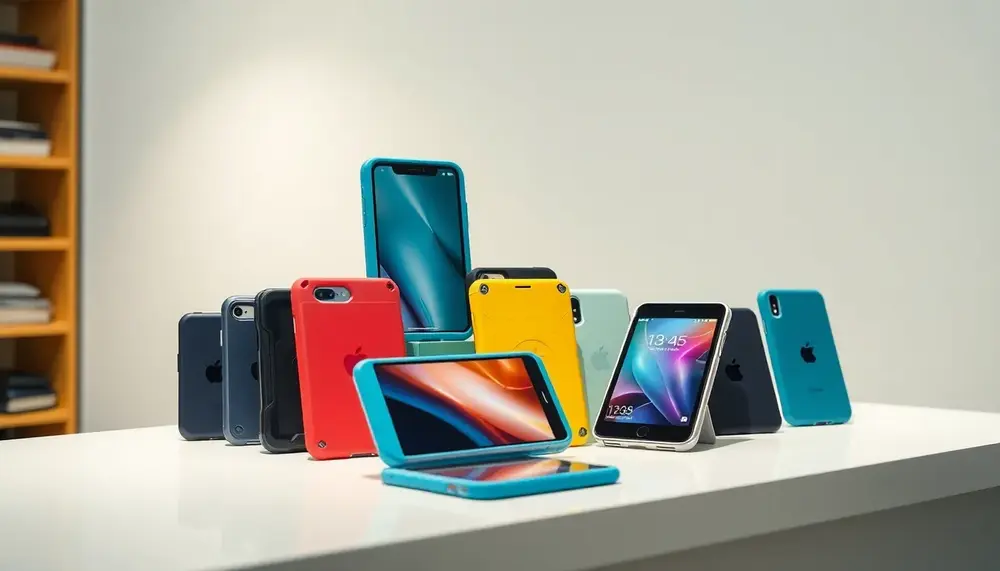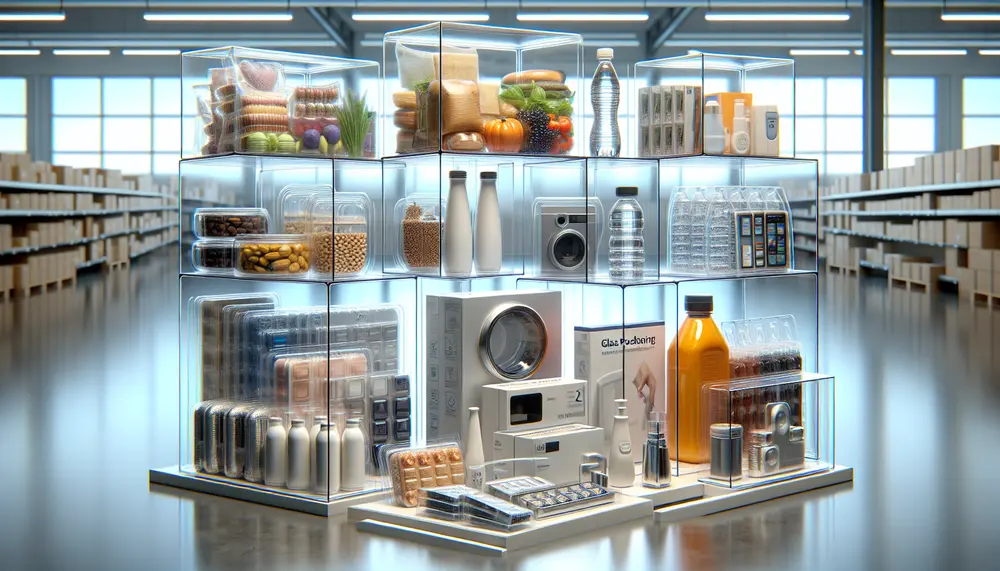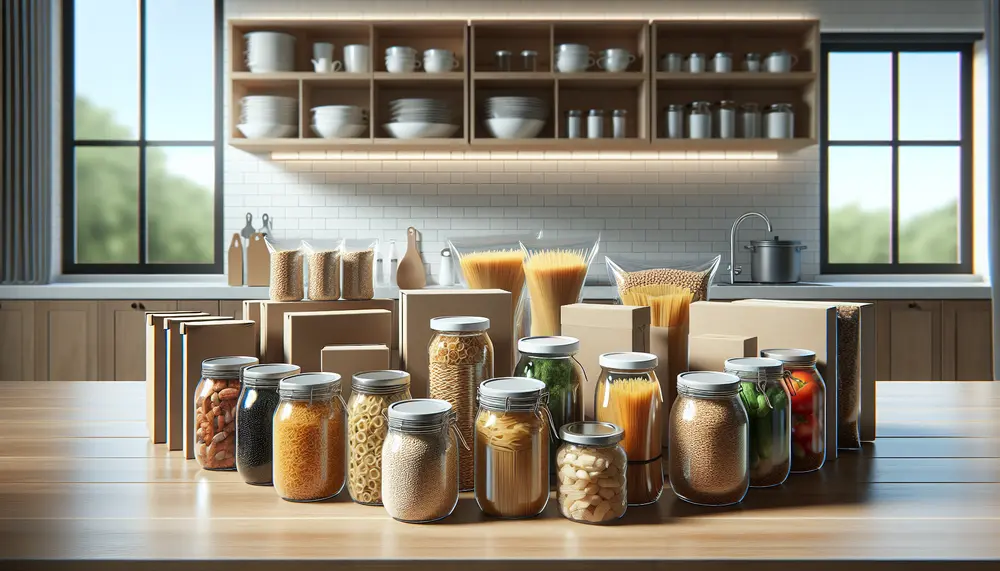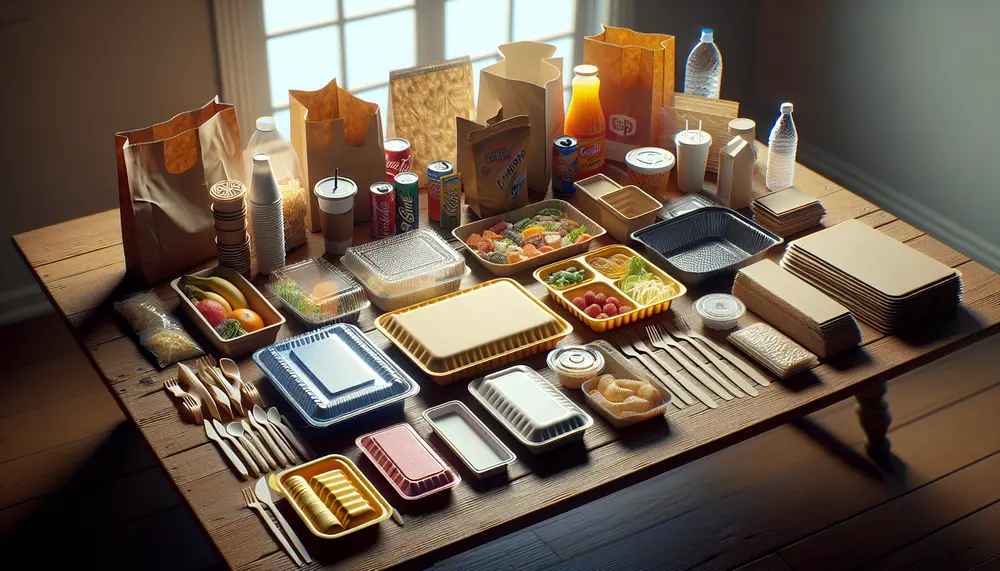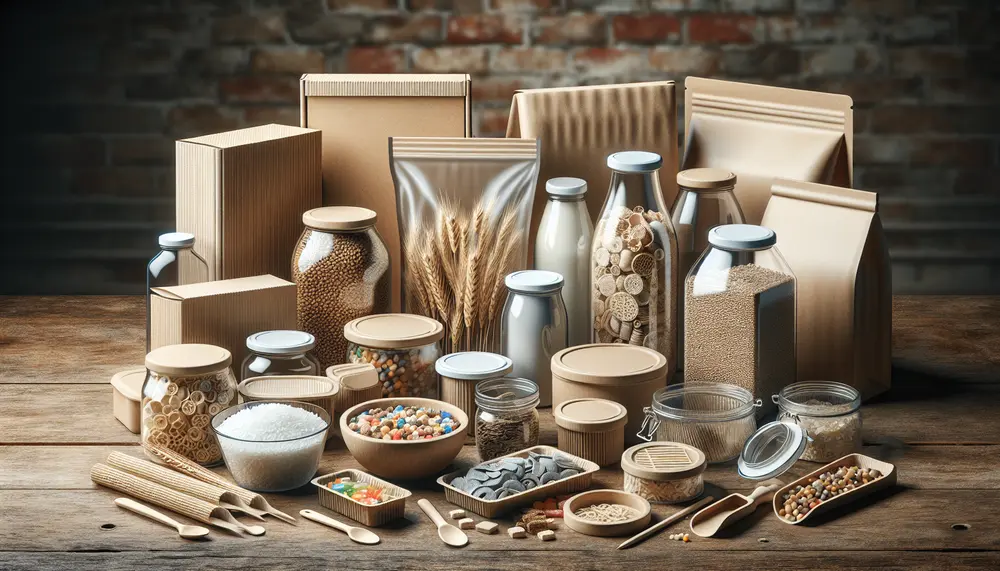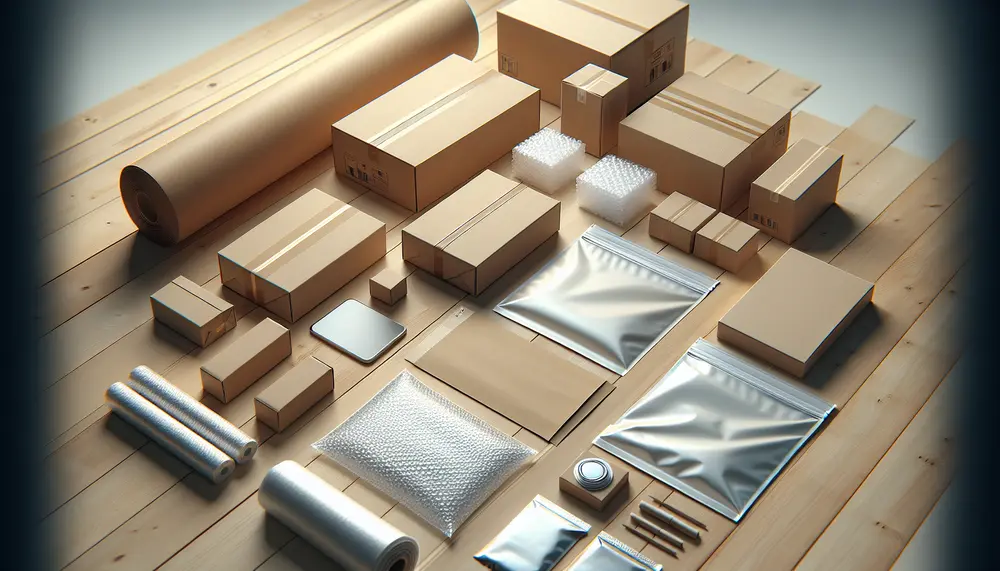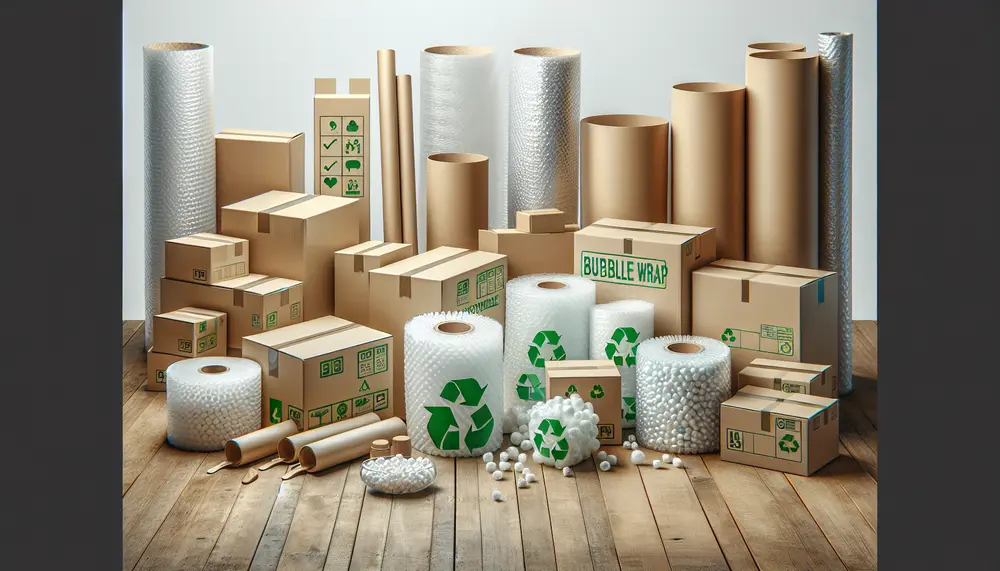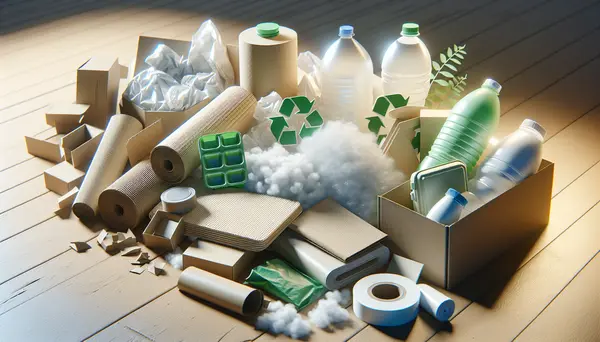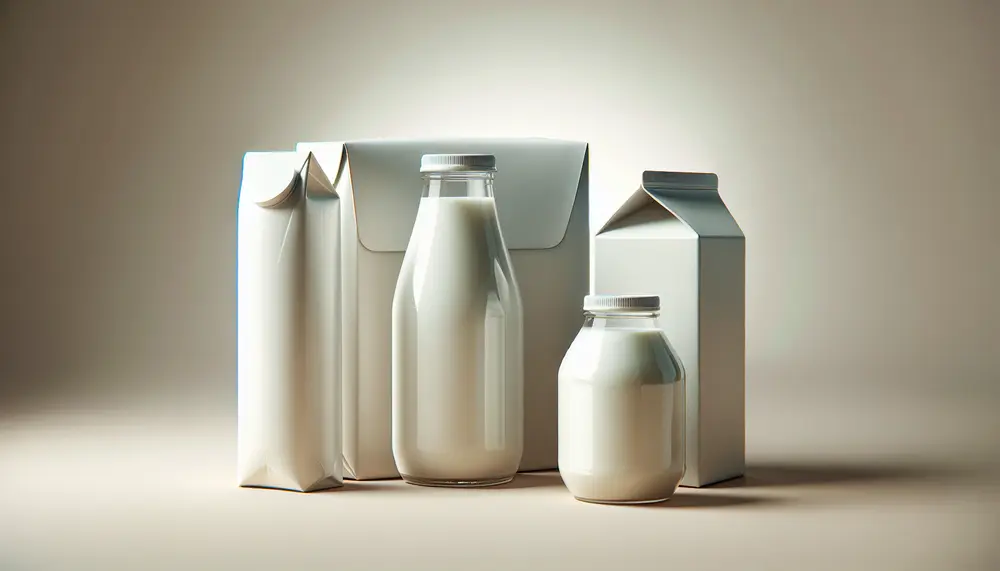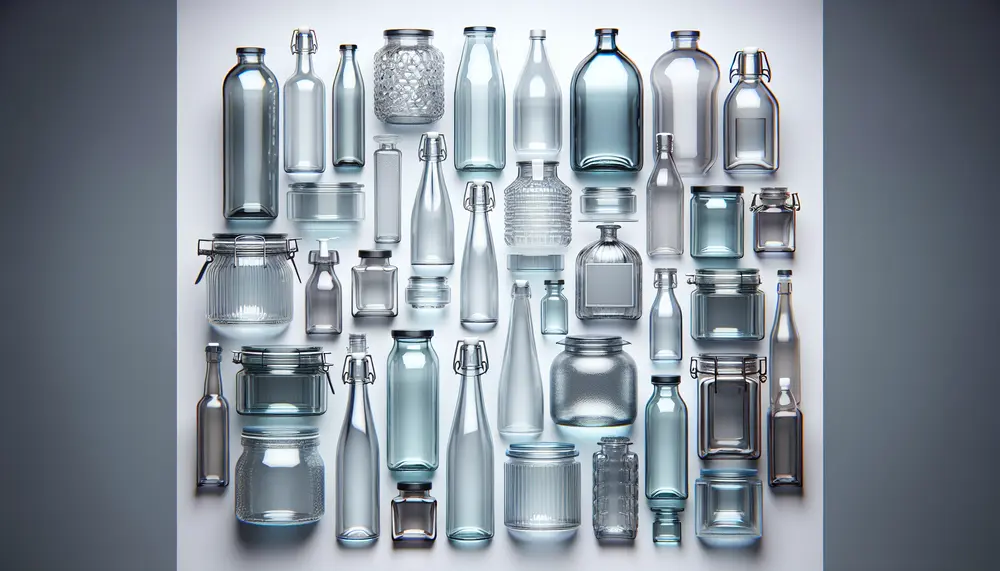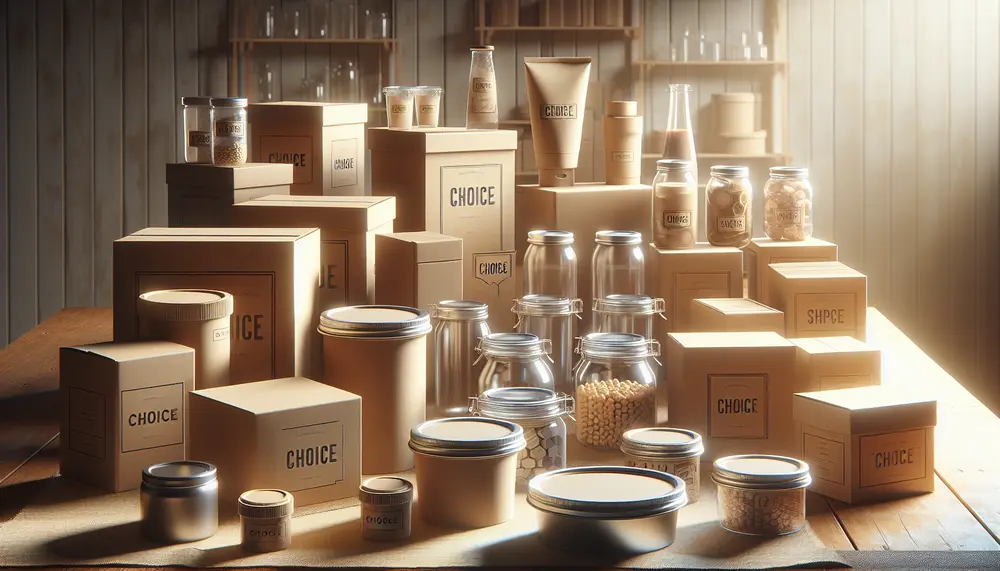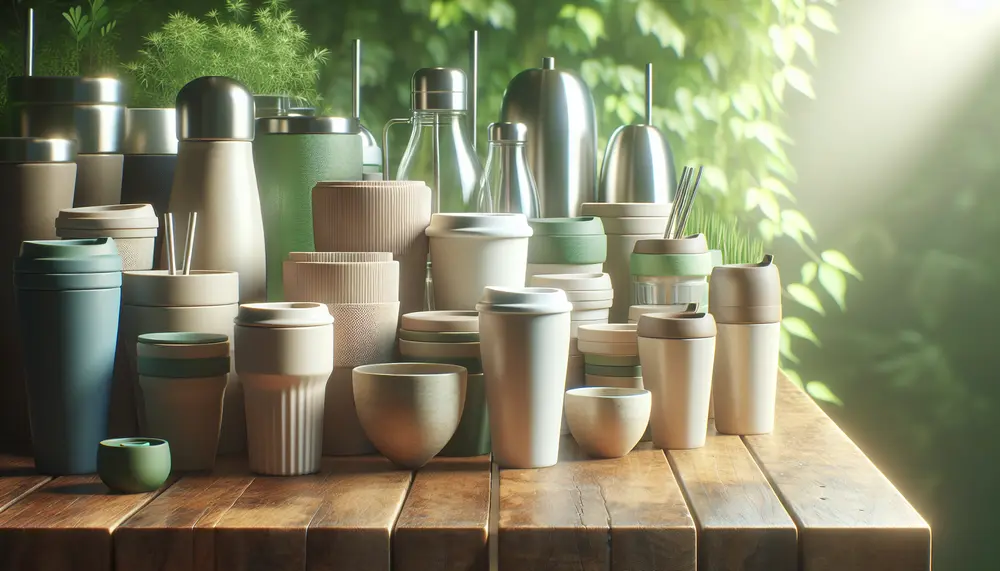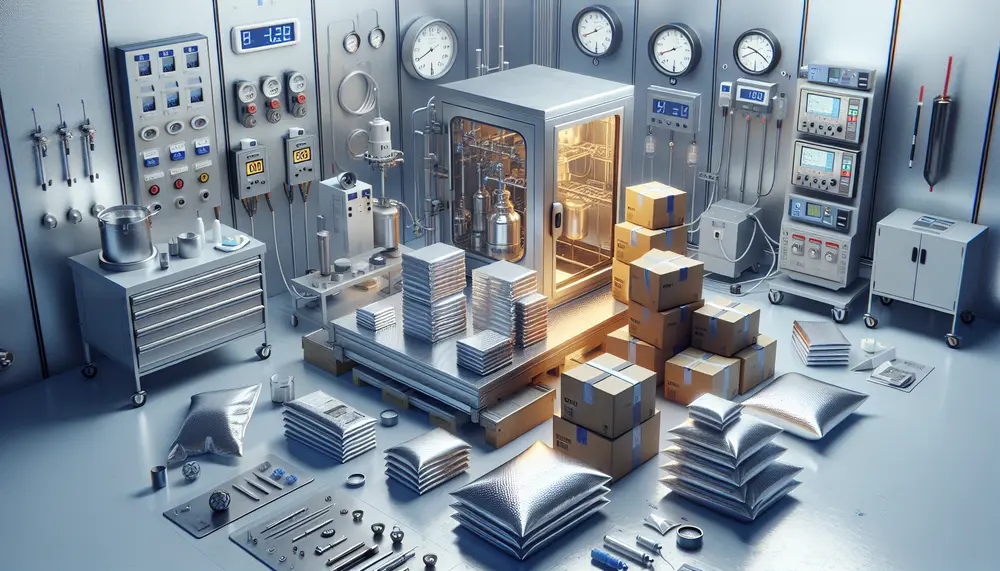Posts on the Topic Glass
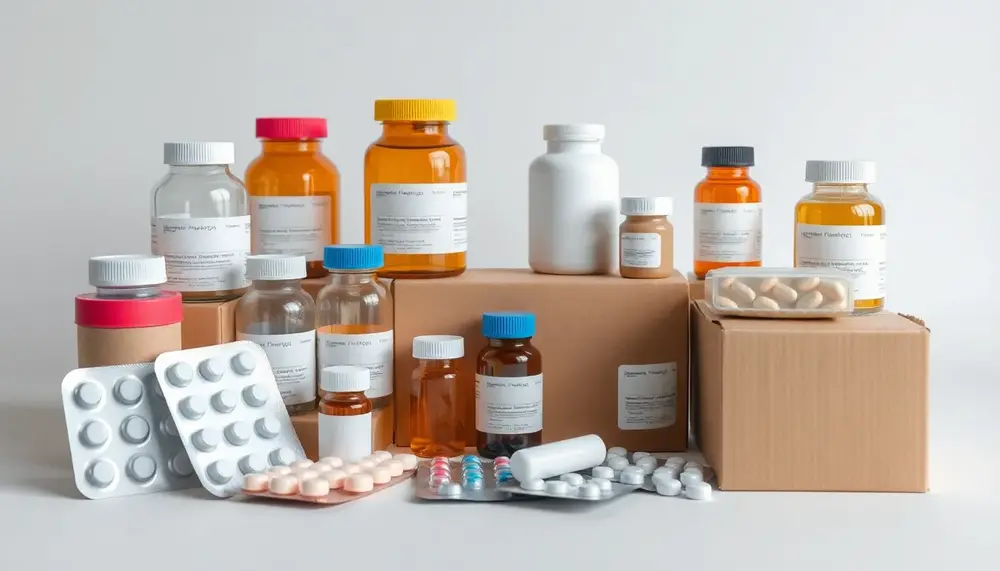
Pharmaceutical packaging is essential for product identification, protection, safe usage, marketing, and convenience while utilizing various materials like glass and plastics. Testing ensures that packaging meets safety standards and maintains the integrity of medications throughout their lifecycle....
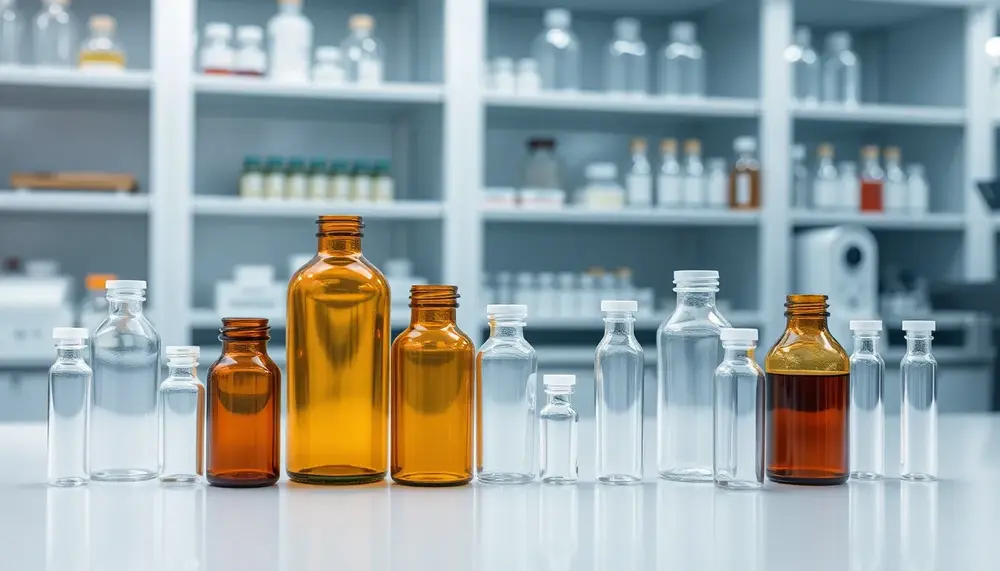
The pharmaceutical glass packaging market is rapidly growing, driven by innovation, regulatory demands, and rising needs for sterility, traceability, and specialized solutions. North America leads global expansion with advanced infrastructure and proactive regulation; segmentation into bottles, vials, ampoules, cartridges, and...
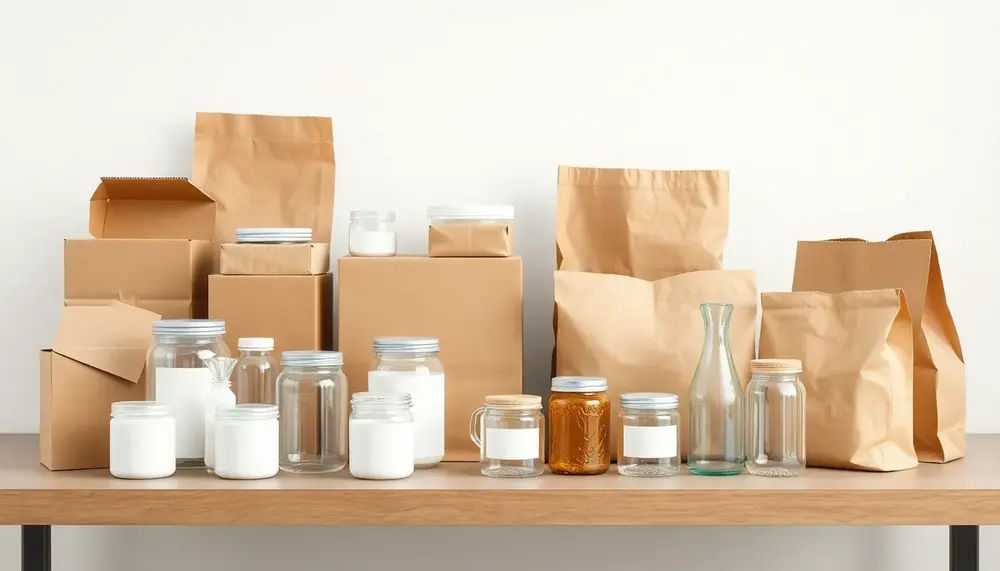
A well-structured Slideshare on packaging materials should use a clear narrative, visual comparisons, and actionable insights to guide viewers in choosing the right material. Each type—glass, metal, plastic, paper/board, composites, or biodegradable options—has unique strengths and weaknesses best matched to...
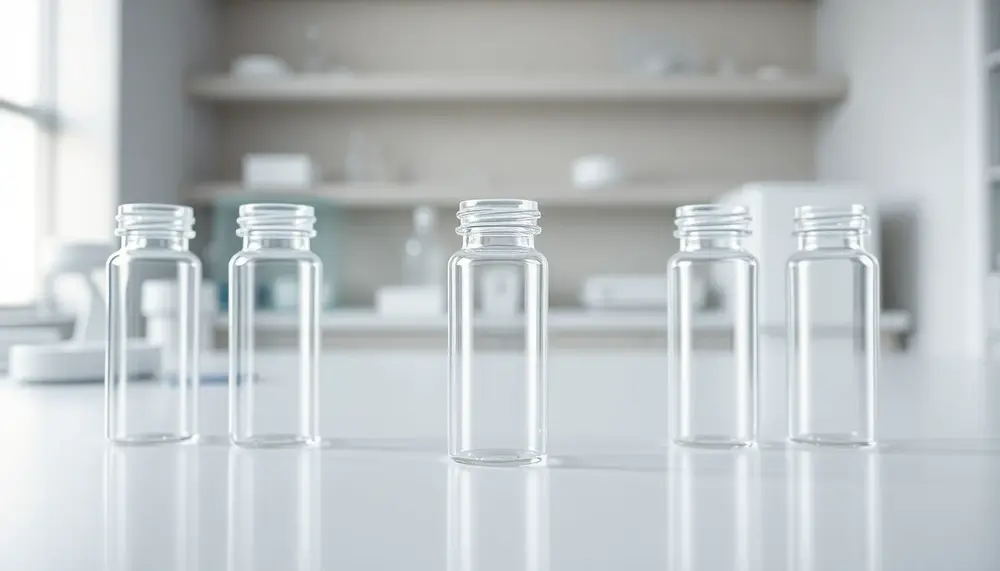
Pharmaceutical glass vials are essential for ensuring drug safety, stability, and purity due to their chemical inertness, thermal resistance, and contamination prevention. Despite being fragile and costly compared to alternatives like plastics, they remain the gold standard in pharmaceutical packaging...
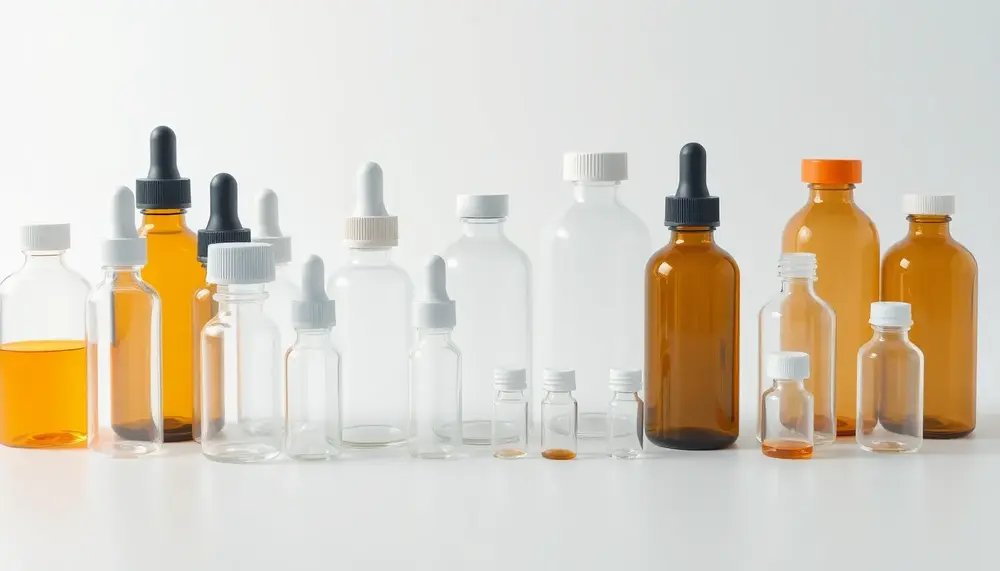
Pharmaceutical packaging bottles are designed to protect, preserve, and deliver medications effectively while ensuring safety, regulatory compliance, and user convenience. Key considerations include material compatibility, barrier properties, child-resistant features, sterility assurance, sustainability efforts like bio-based plastics or glass alternatives for...
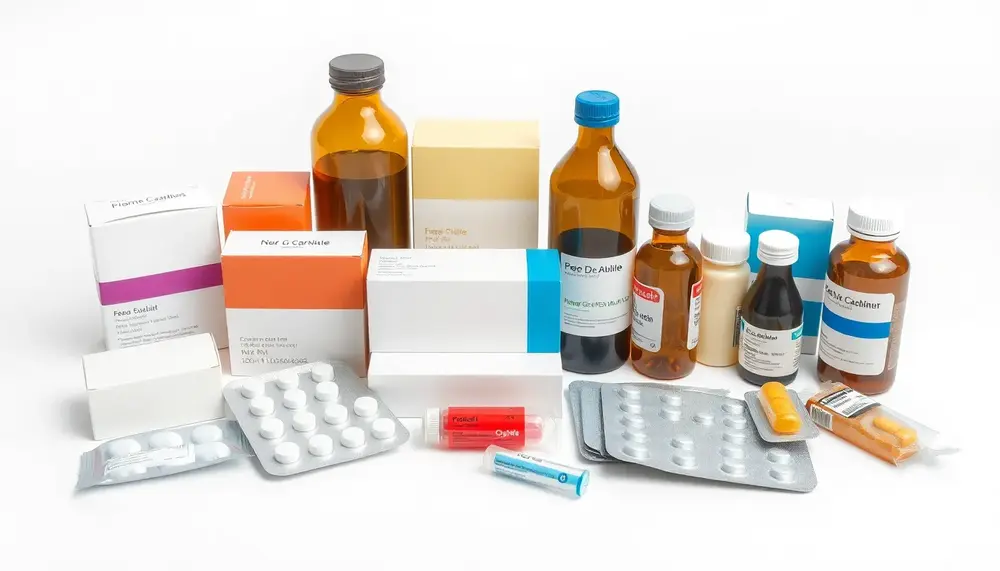
Multiple choice questions (MCQs) are an efficient and versatile tool for testing knowledge in pharmaceutical packaging, covering topics like materials, manufacturing processes, and regulatory standards while offering immediate feedback but may oversimplify complex subjects. They help learners identify areas needing...
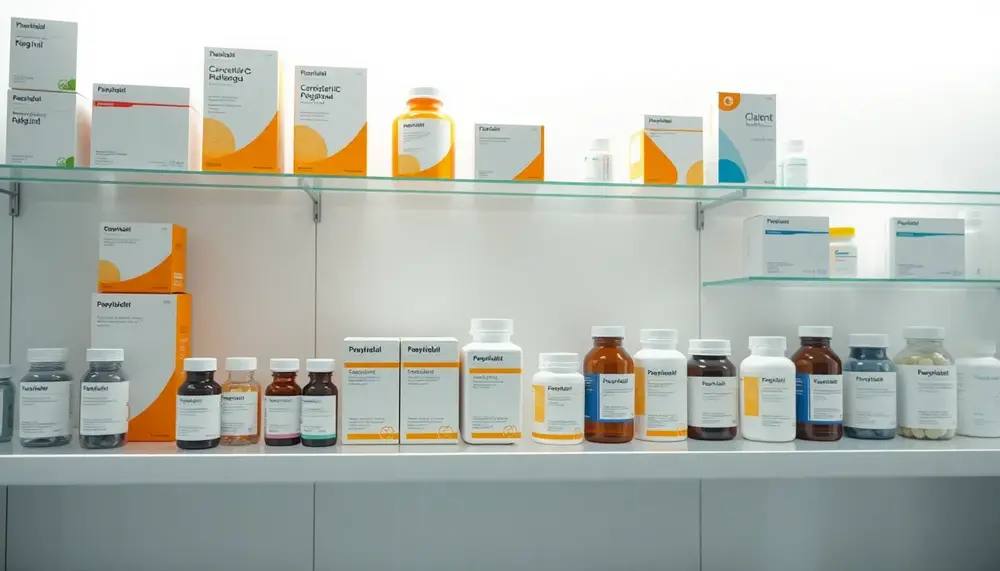
Pharmaceutical packaging is a science focused on ensuring medicines are safe, effective, and user-friendly through primary, secondary, and tertiary types using various materials while adhering to regulatory compliance. Innovations in smart technology and sustainable practices continue to evolve the field...
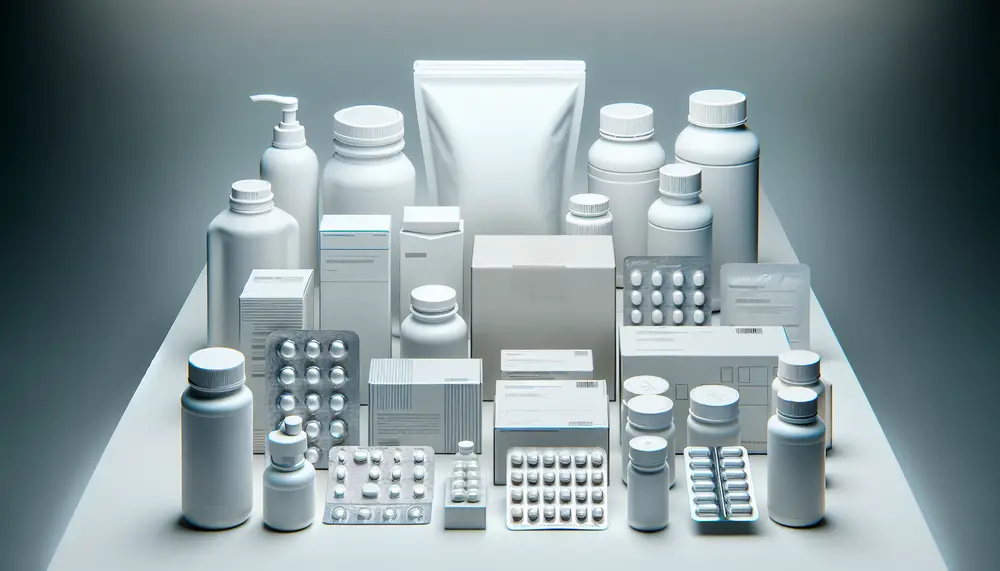
Pharmaceutical packaging is essential for protecting medications from contamination and degradation, providing critical information through labeling, ensuring regulatory compliance, and enhancing user experience with features like child-resistant caps. While it offers benefits such as safe transportation and storage, challenges include...
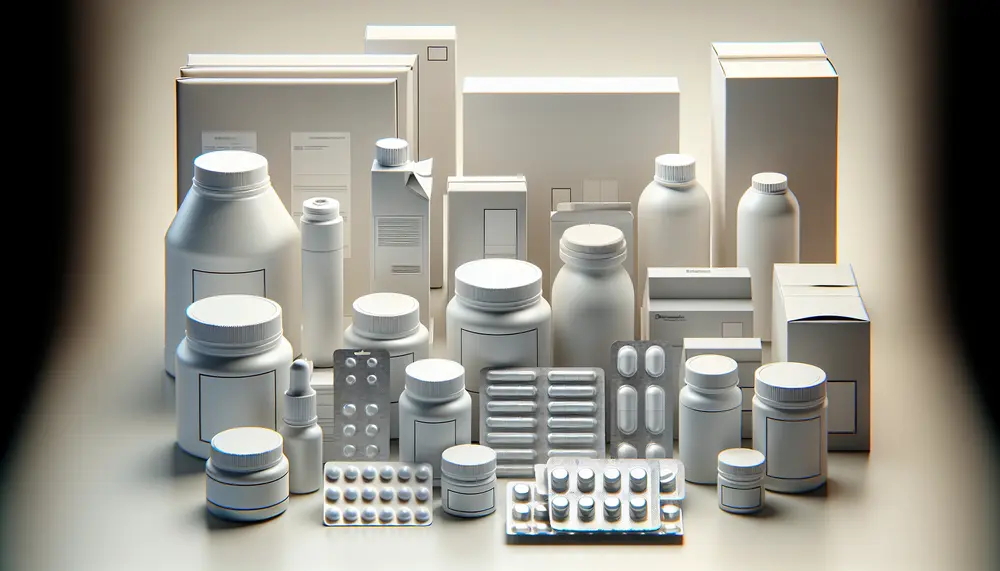
Pharmaceutical packaging is vital for ensuring medication safety and integrity, involving primary components that protect against environmental factors and secondary packaging that aids in branding and protection during transit. Technological advancements like automated inspection systems enhance quality control, while compliance...
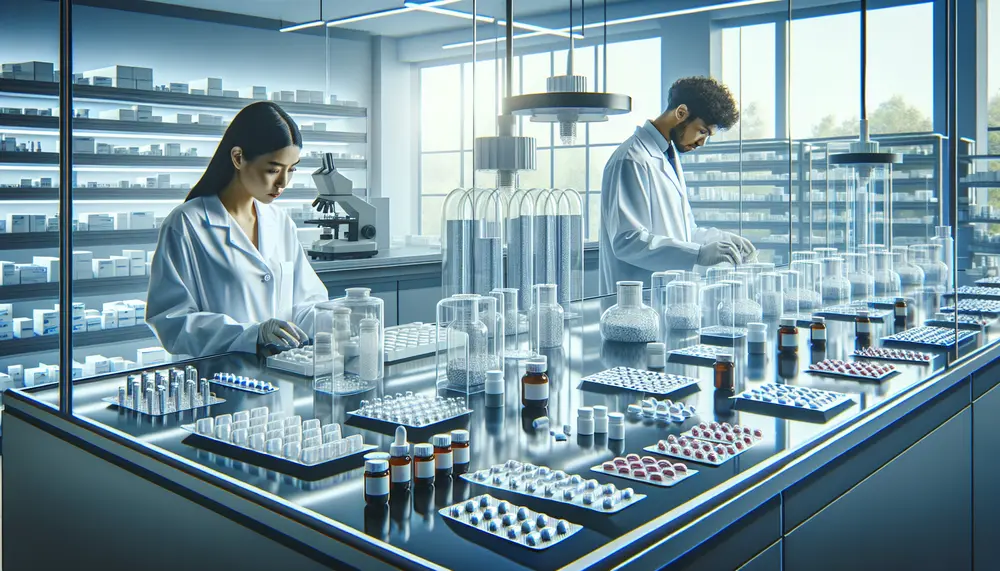
Pharmaceutical packaging is essential for ensuring the safety, efficacy, and integrity of medications by protecting them from contamination and environmental factors while meeting stringent regulatory requirements. Innovations in materials like aluminum foil, plastics, glass containers, and additives address evolving industry...
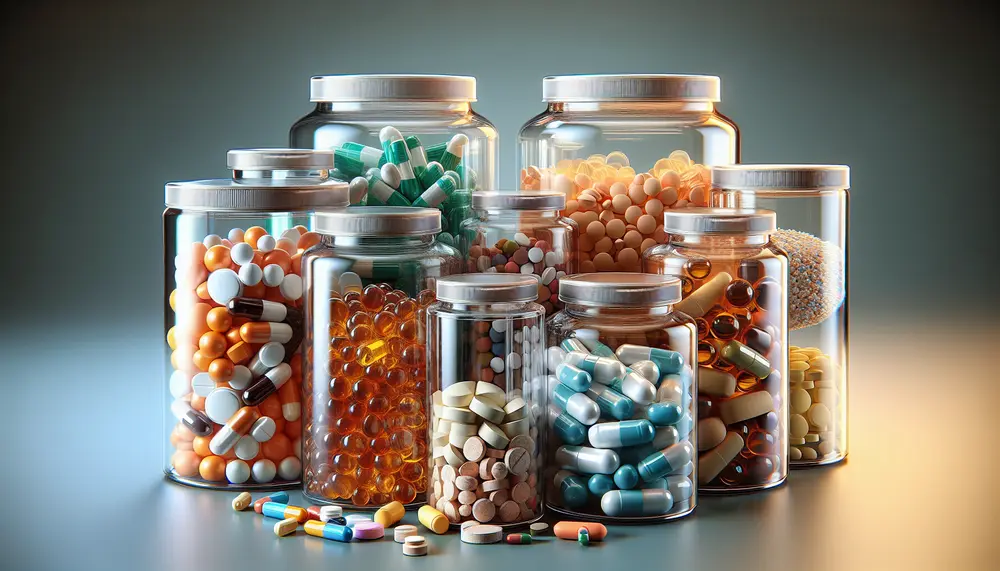
Glass is the preferred material for pharmaceutical packaging due to its chemical inertness, excellent barrier properties against gases and moisture, non-porous surface, recyclability, aesthetic appeal, temperature resistance, and light protection capabilities. These attributes ensure that medications remain pure, stable, effective...
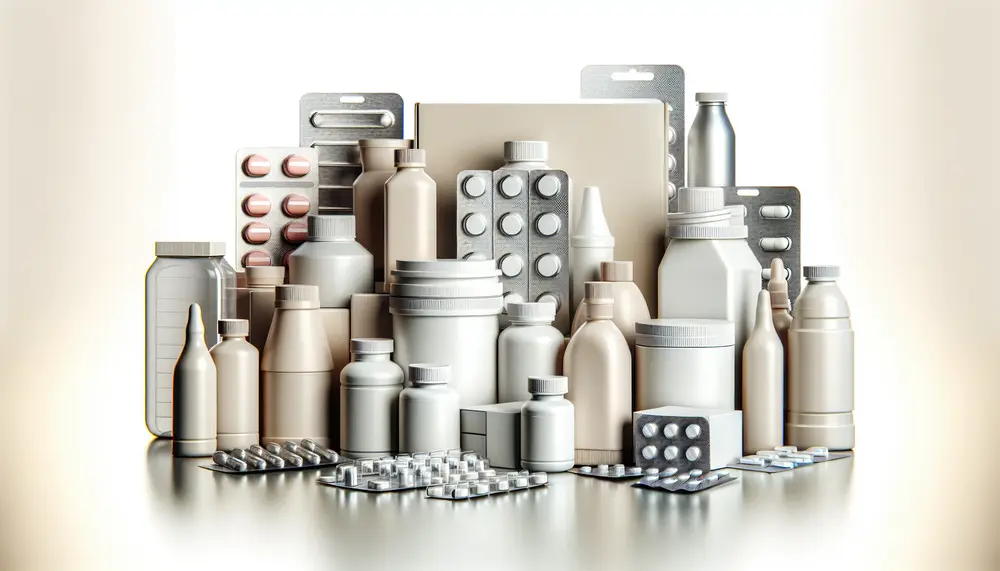
Understanding and selecting the right pharmaceutical packaging materials is essential for maintaining drug safety, efficacy, and integrity. These materials must protect against environmental factors like moisture and light while ensuring compatibility with the drugs they contain; innovations in this field...
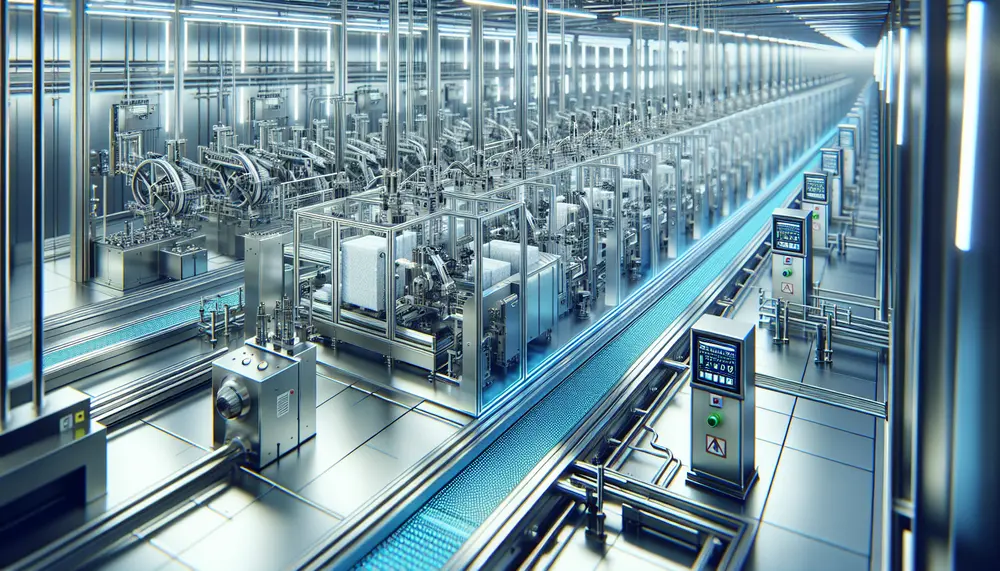
Packaging technology is crucial for product protection, shelf life extension, and consumer information; it involves material science and design innovation to create sustainable solutions. Cutting-edge materials like bioplastics and smart substances are shaping the industry's future with enhanced functionality and...
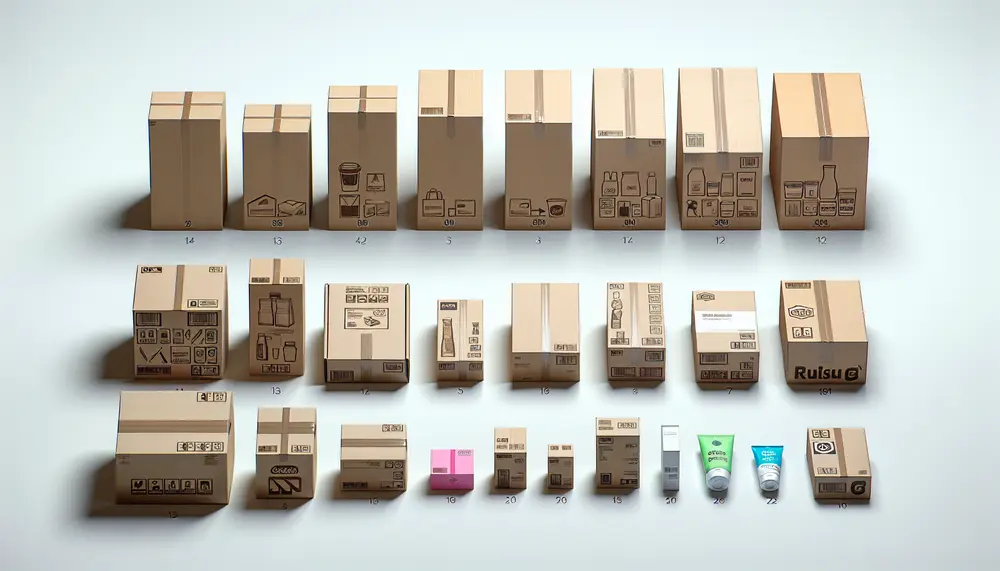
Product packaging is essential for protection, marketing, and providing consumer information; it influences brand perception and purchase decisions through design elements like color schemes. The design process involves research, feedback, prototyping, and technical considerations to ensure functionality and appeal. Choosing packaging...
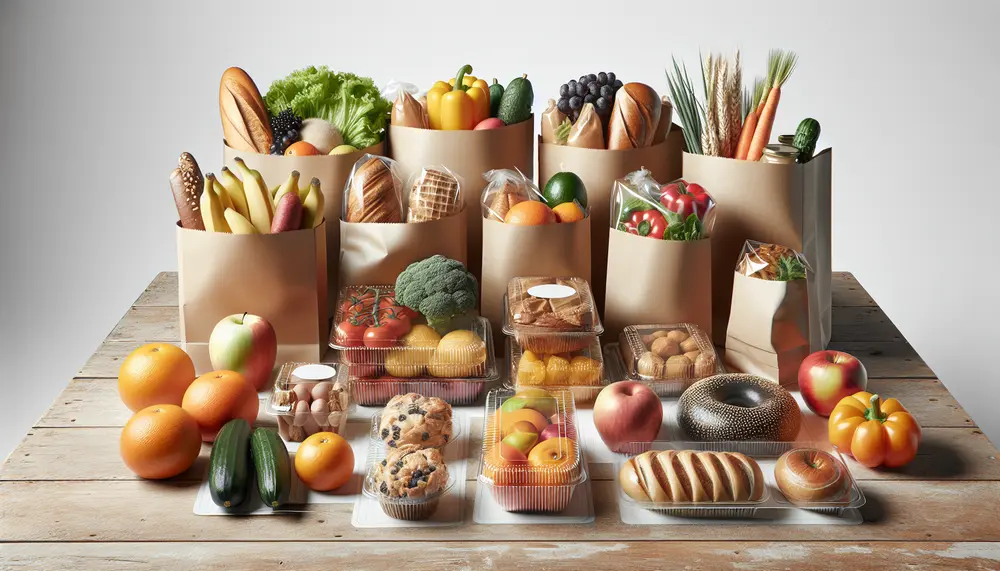
Packaging is critical for food safety and freshness, providing a barrier against contaminants and extending shelf life through innovations like modified atmosphere packaging. It also protects from physical damage during distribution, playing an essential role in preventing foodborne illness. Choosing the...
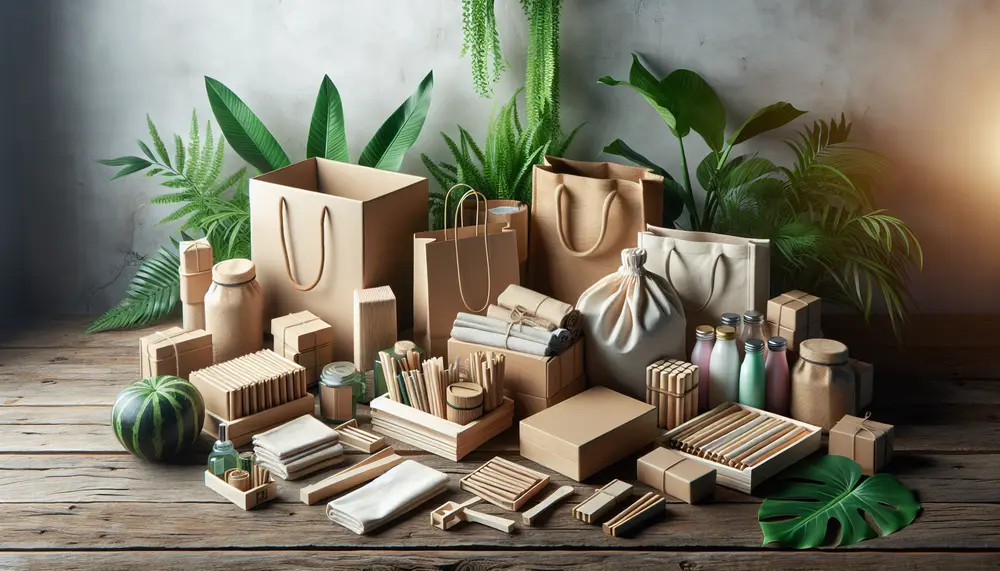
Packaging choices significantly affect the environment, contributing to pollution and resource depletion due to non-biodegradable waste and high carbon footprints. The rise of eco-friendly packaging solutions like bioplastics and recycled materials reflects a shift towards sustainability in response to environmental...
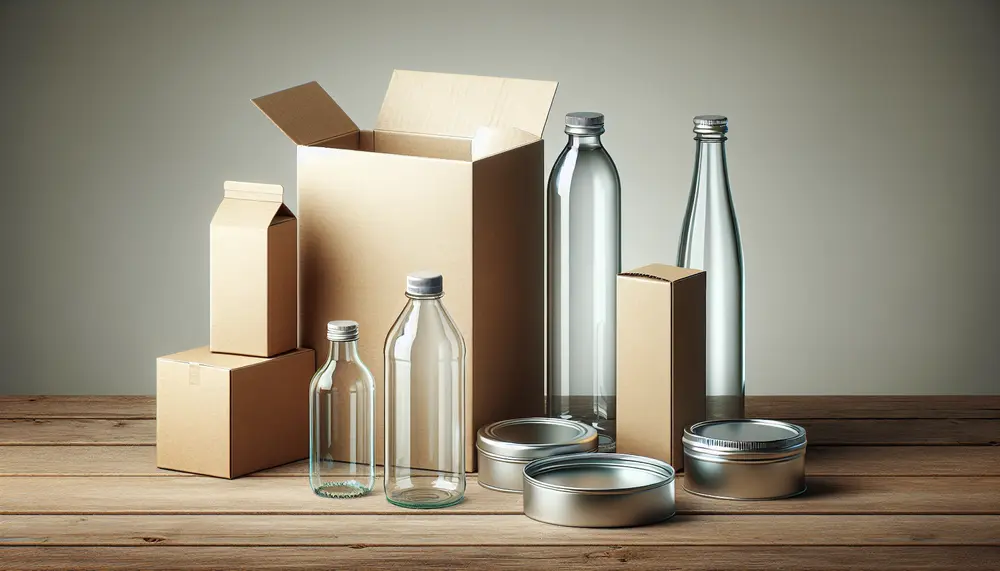
Packaging materials are crucial for product protection, branding, and environmental impact; choosing the right type depends on various factors including the product's nature and consumer trends. Paper-based options like corrugated cardboard and SBS paperboard offer sustainable choices with different balances...
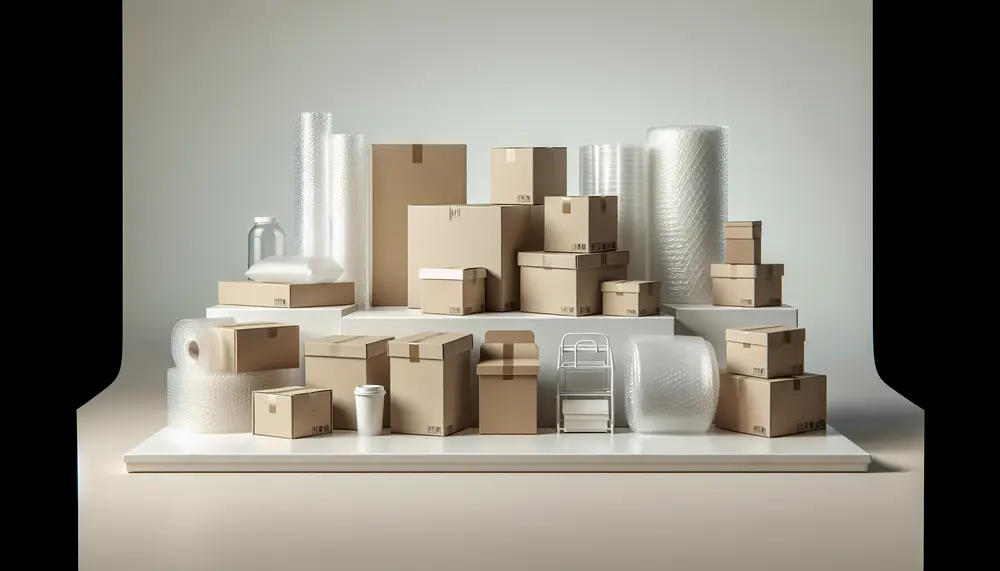
Packaging is essential for product protection and marketing, involving design, materials, functionality, labeling, and branding. Addressing common questions reveals its impact on sales, the balance between sustainability and cost-effectiveness, color psychology in design, industry trends like minimalism and smart packaging...
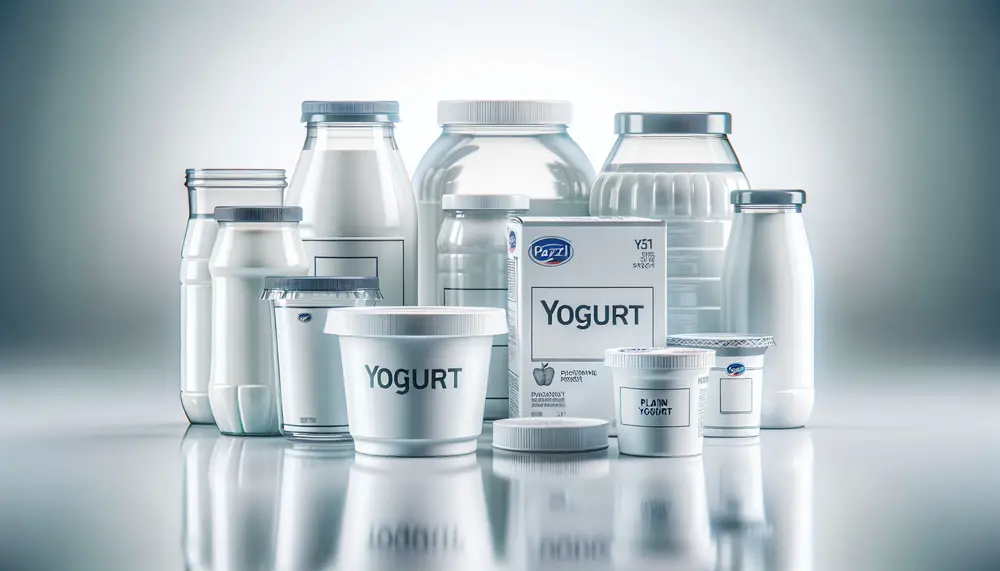
The article discusses the significance of yogurt packaging materials in preserving quality, extending shelf life, and marketing. It highlights various types of packaging like glass, plastic, composites, eco-friendly alternatives, and metal containers with their respective properties. Packaging choices for yogurt impact...
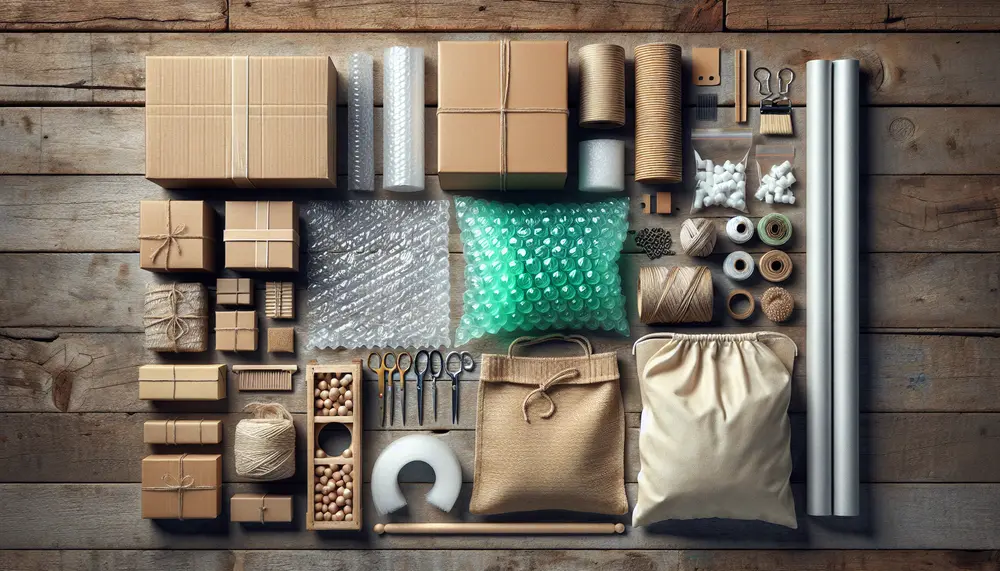
Packaging materials range from traditional paper and glass to modern bioplastics, each with unique properties affecting product safety, cost-effectiveness, and environmental impact. Selecting the right packaging is crucial for brand identity, customer satisfaction, and sustainability; factors like protection needs, branding...
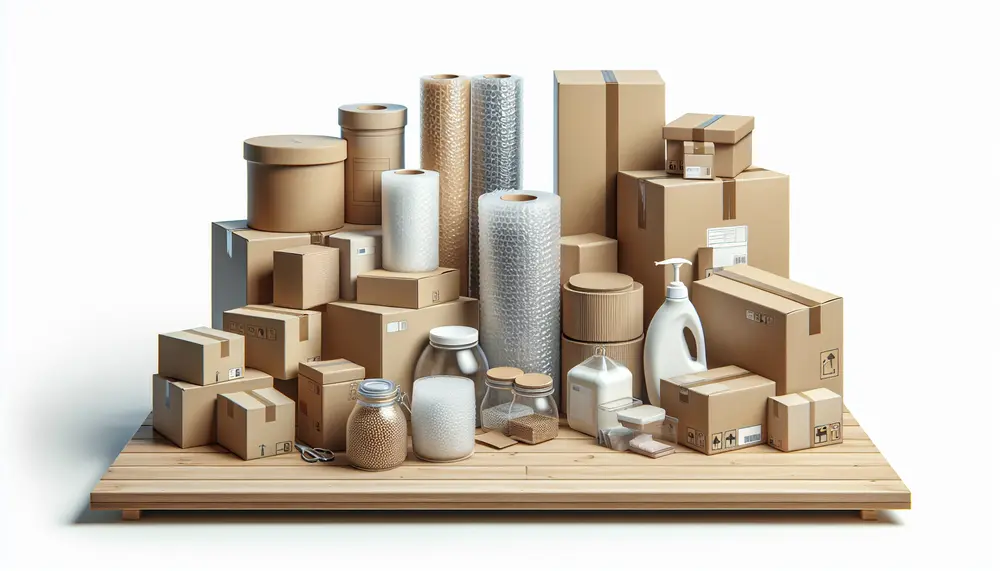
Understanding the basics of packaging is essential for product protection, presentation, and meeting legal standards. It involves considering physical characteristics, user experience, and regulatory compliance to create effective solutions. Different types of packaging materials serve various functions and have distinct environmental...
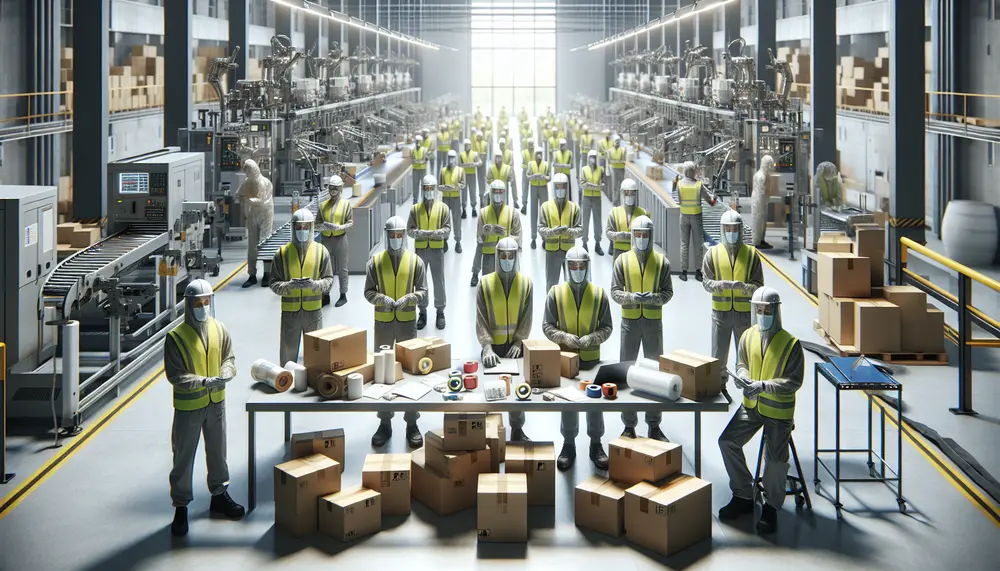
The packaging industry is multifaceted, involving various materials and technologies, with a focus on innovation and sustainability driving job opportunities across design, engineering, marketing, logistics, and more. Digital advancements like IoT for smart packaging solutions add complexity to the field...


